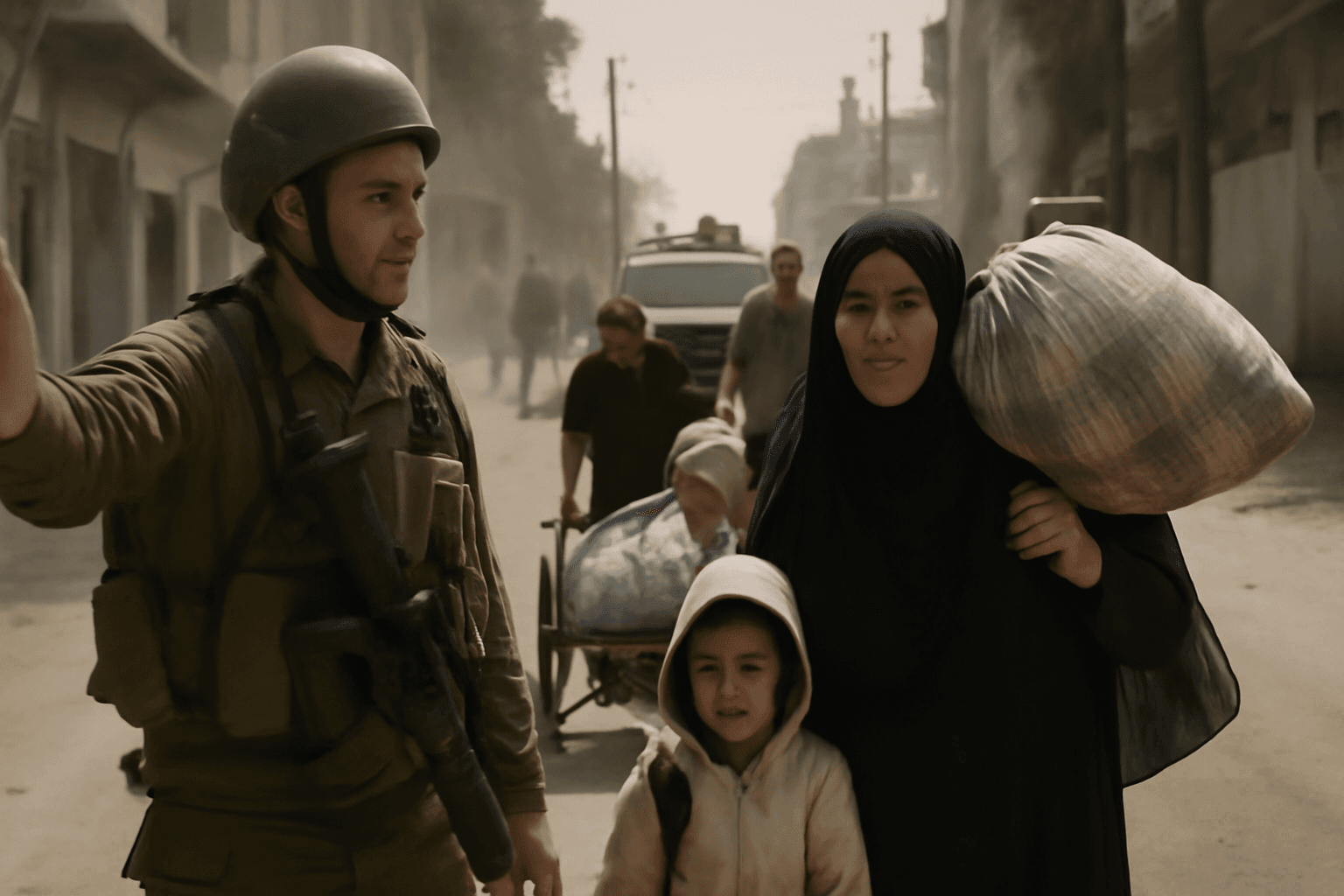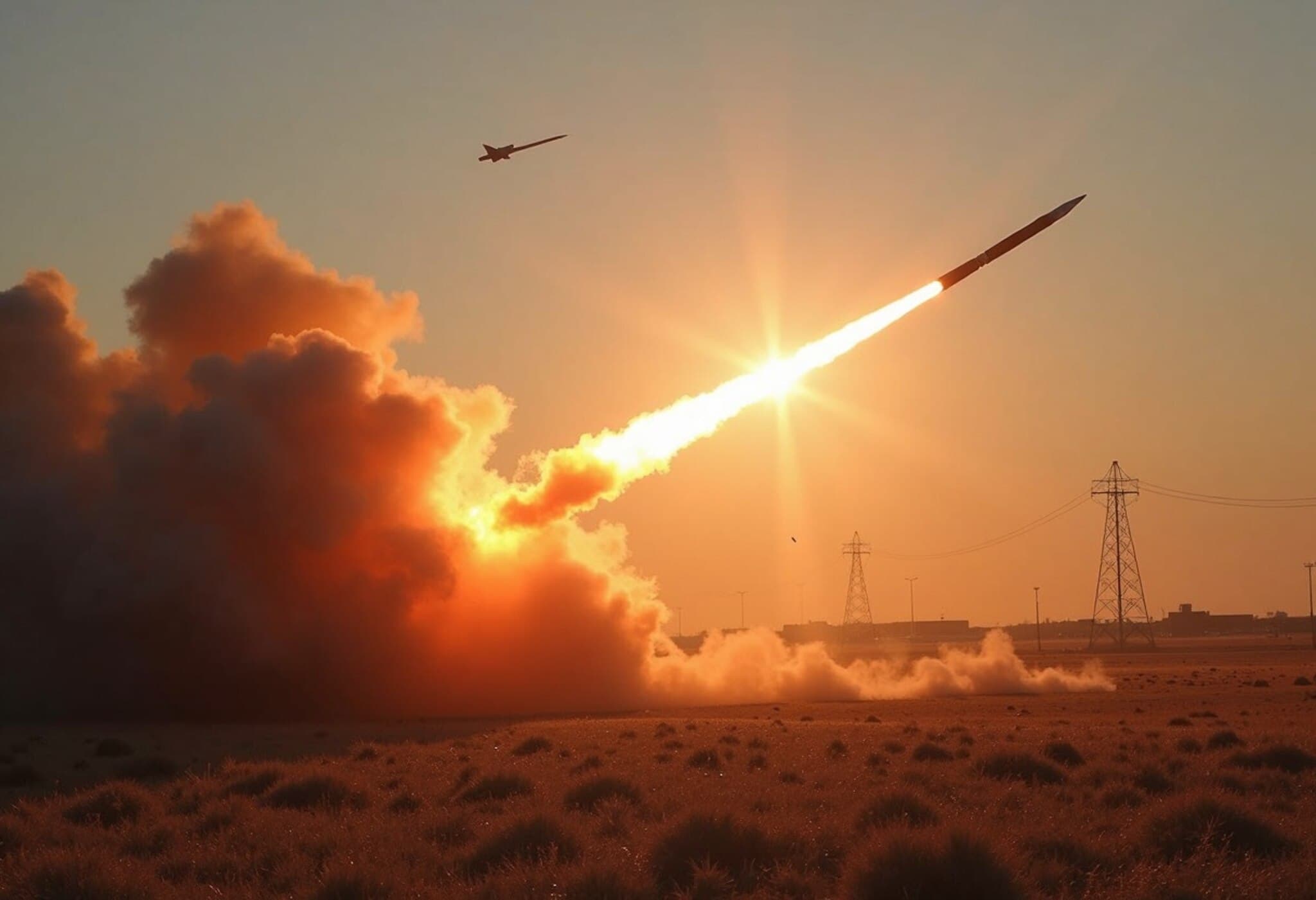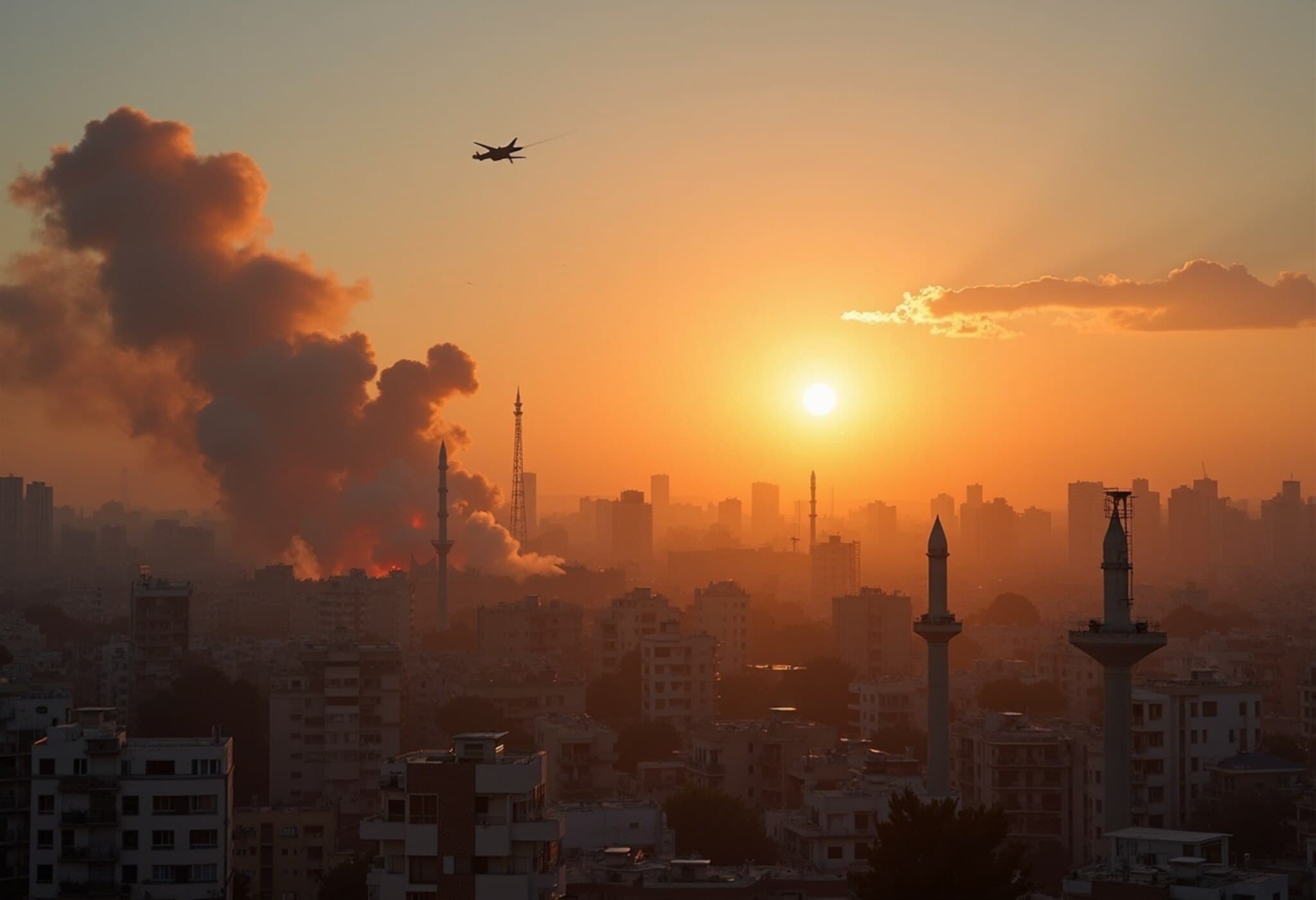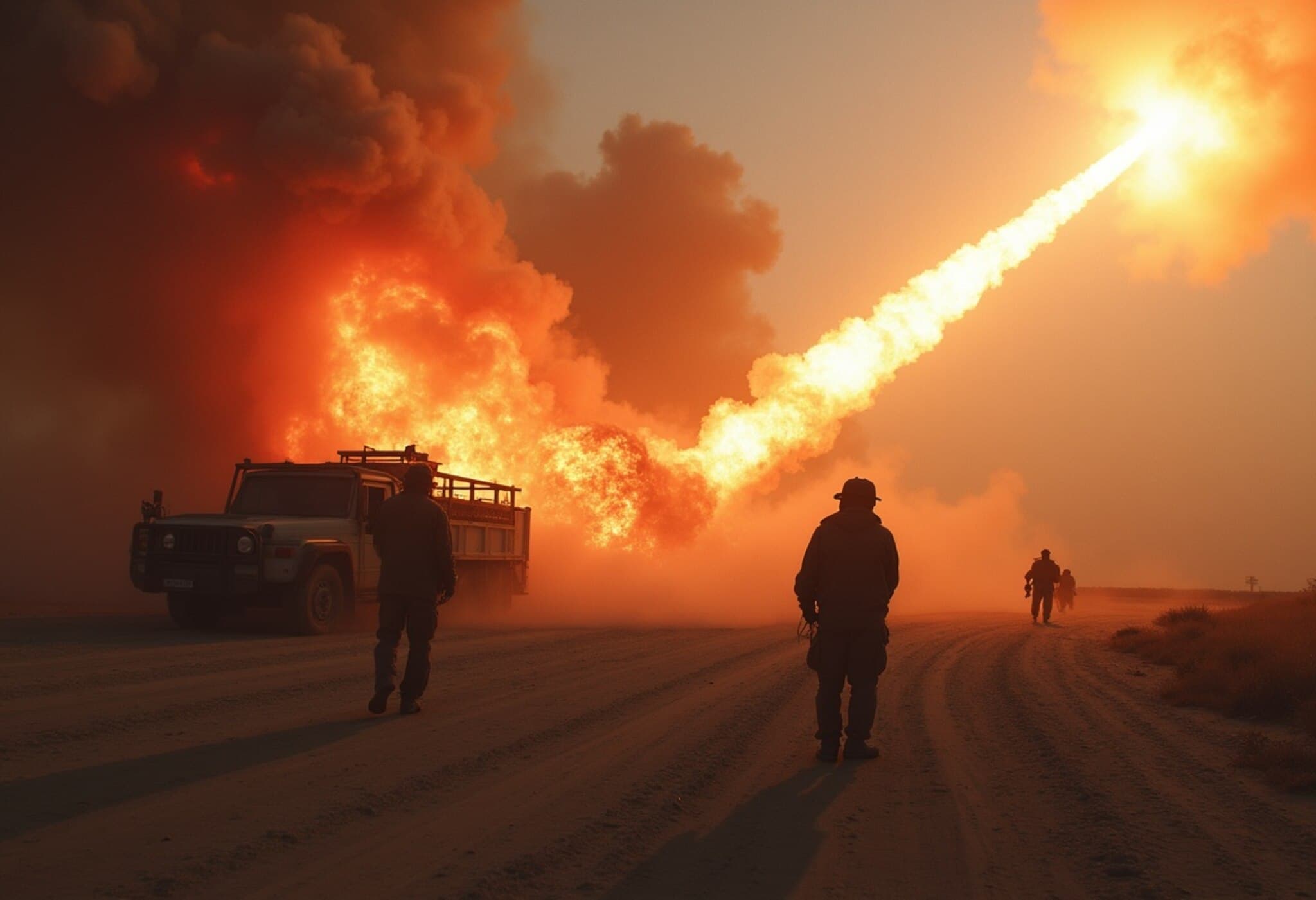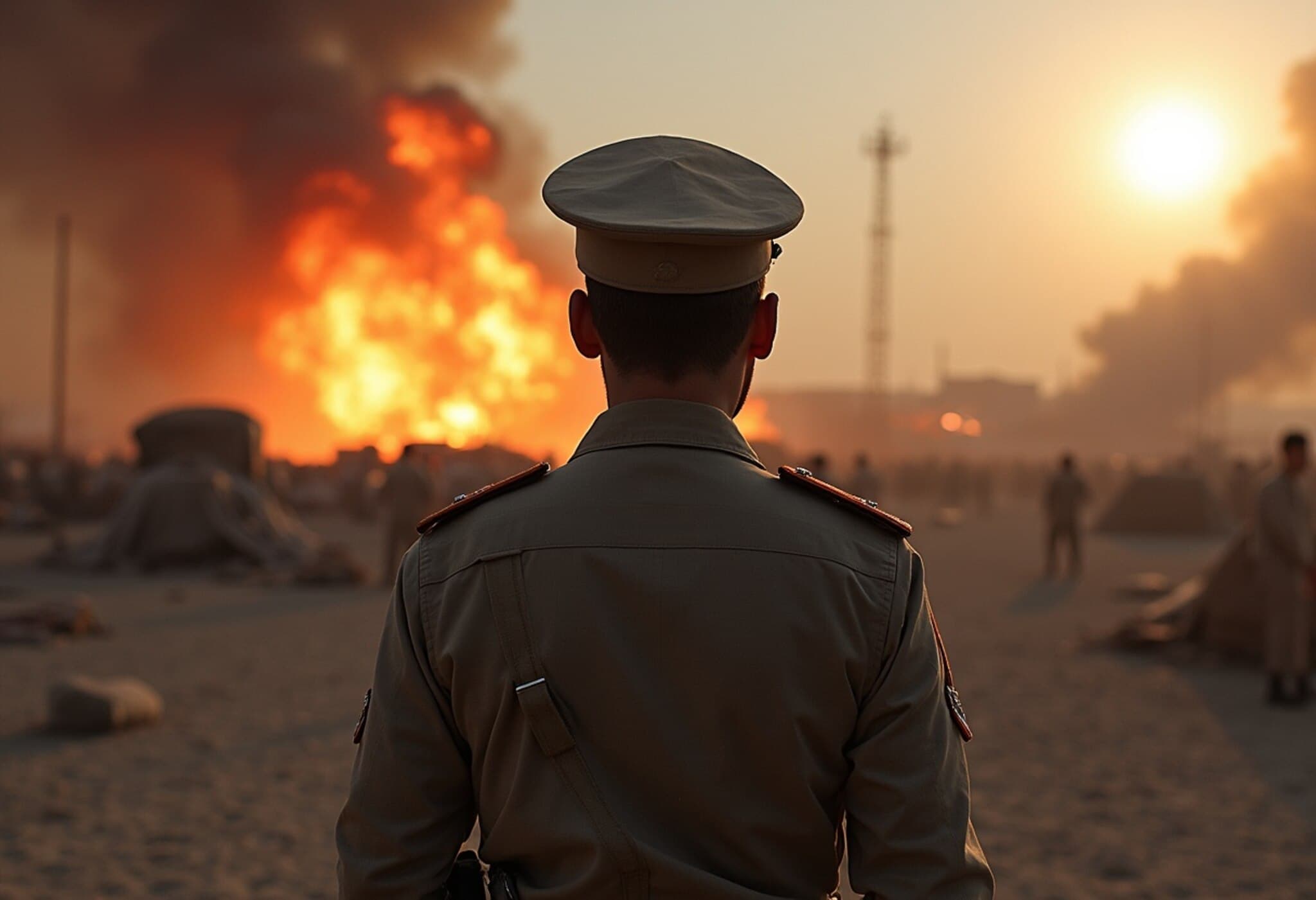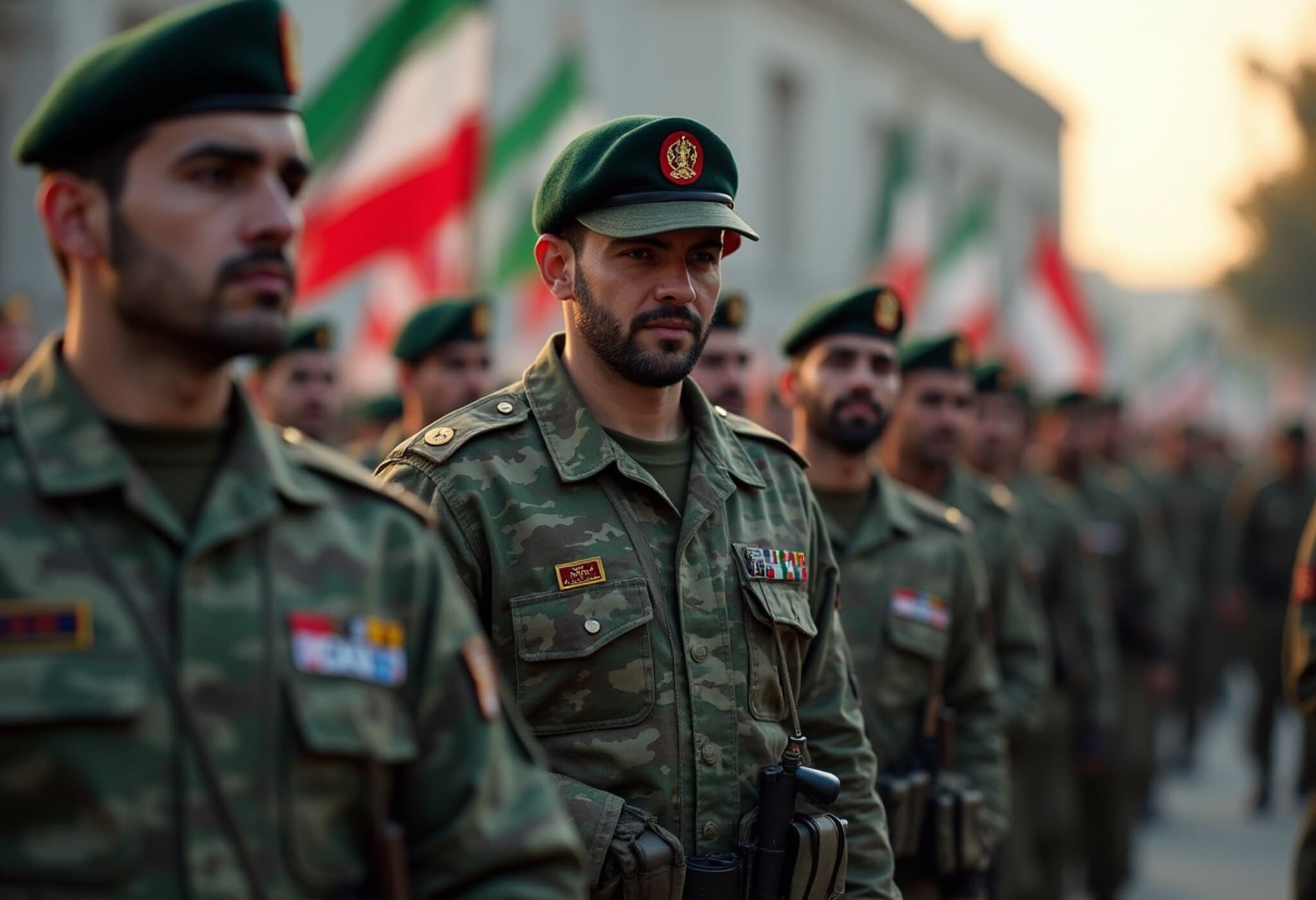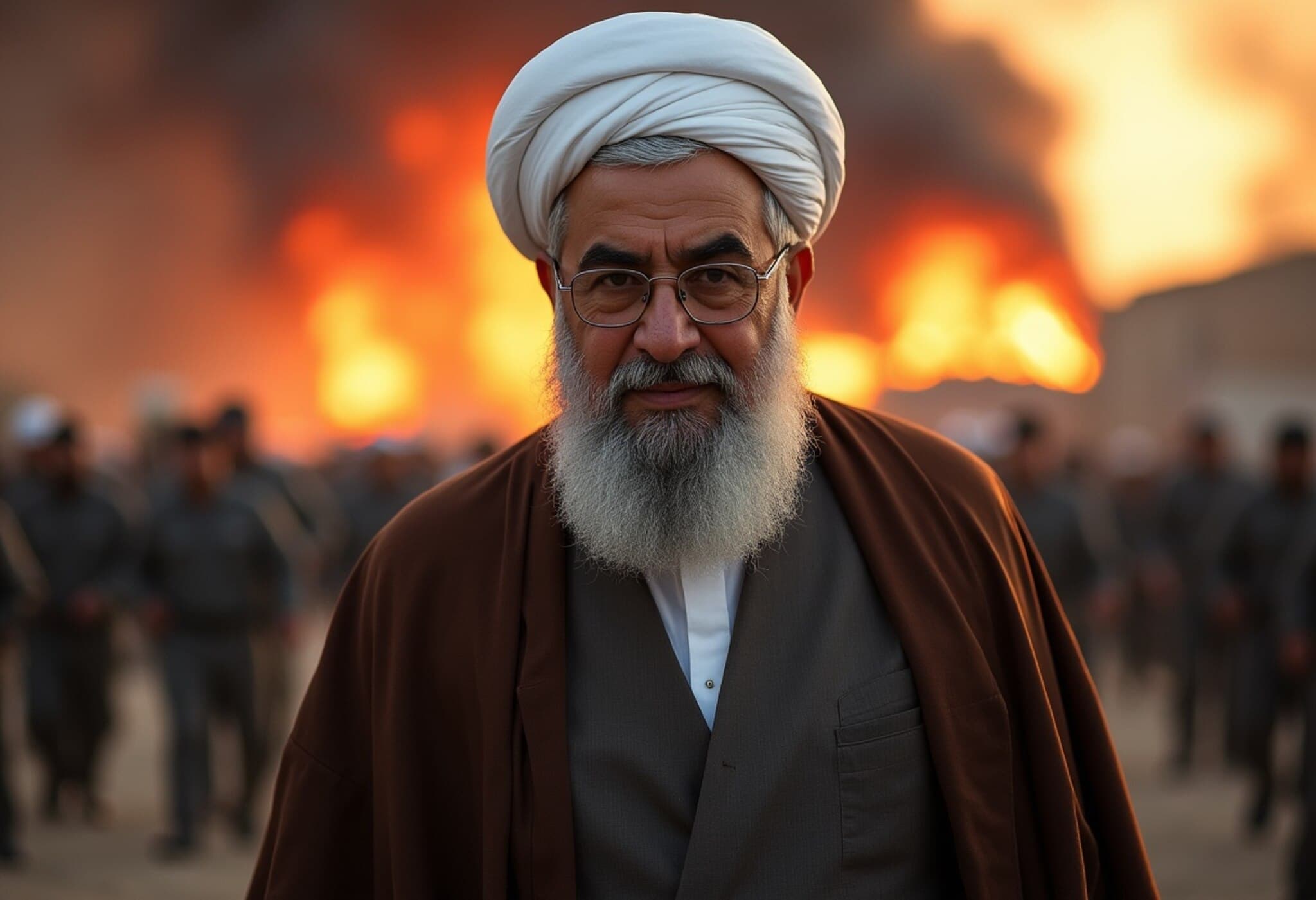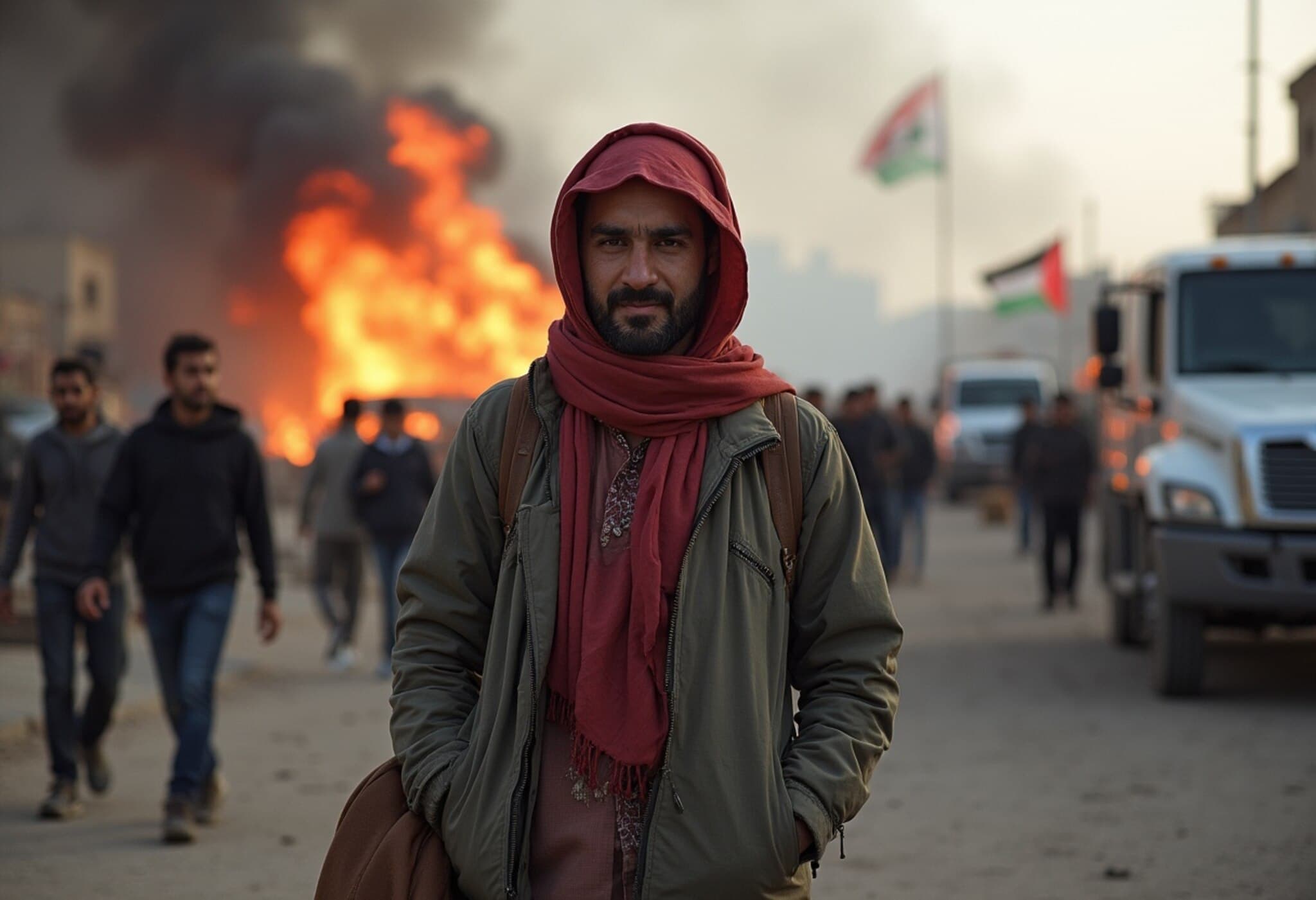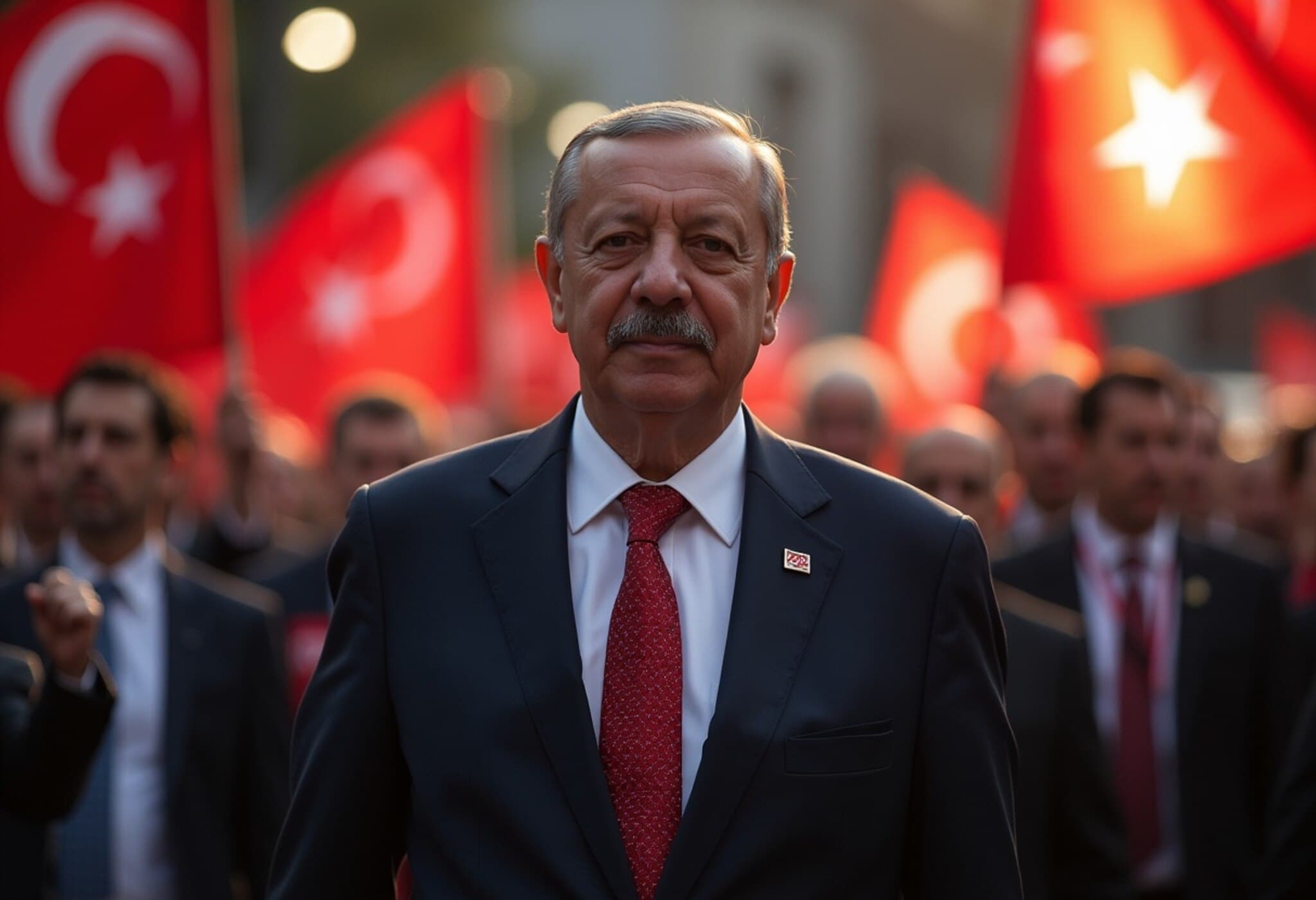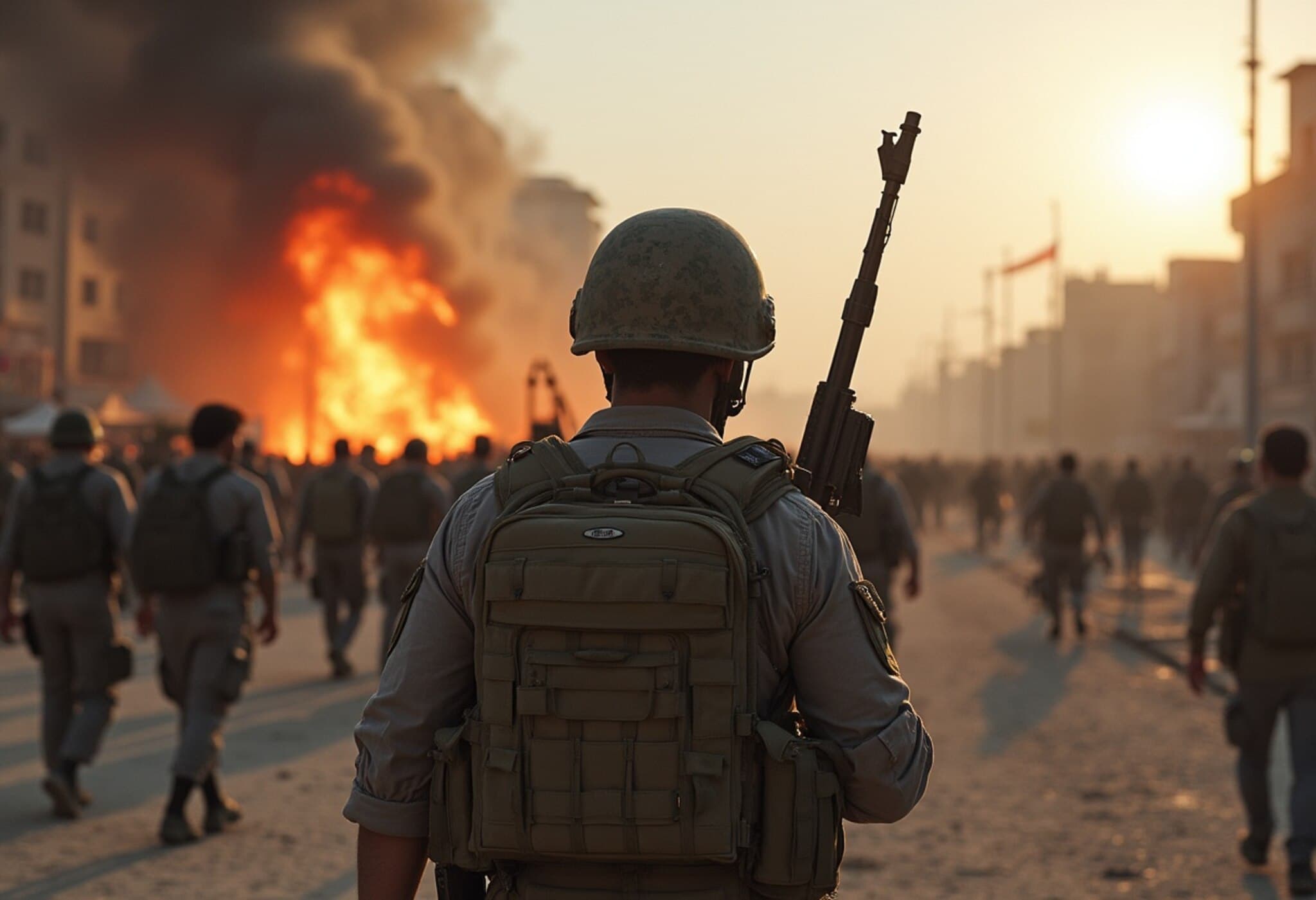Israeli Military Issues New Evacuation Orders Amid Stalled Gaza Ceasefire Negotiations
On July 20, 2025, the Israeli Defense Forces (IDF) announced fresh evacuation orders targeting central Gaza, specifically the region stretching from Deir al-Balah to the southern cities of Khan Younis and Rafah. This area, rarely engaged during the prolonged 21-month conflict, is now at the center of Israel's intensified ground operations. The move comes as diplomatic efforts to broker a ceasefire between Israel and Hamas have once again reached a deadlock, despite recent discussions held in Qatar.
Expanding Military Operations Into New Territory
The IDF’s renewed evacuation directive signals a strategic shift. Military spokesperson Avichay Adraee indicated that Israeli forces plan to increase operational intensity against Hamas militant strongholds. Civilians, including those currently sheltering in makeshift tents, are being urged to relocate to the Muwasi area—a largely barren coastal zone designated by Israel as a humanitarian safety zone. This action highlights the precarious humanitarian conditions within Gaza’s densely populated coastal strip.
The affected corridor between Deir al-Balah and Rafah remains a vital artery for movement and humanitarian assistance. The evacuation particularly complicates aid efforts, as several distribution hubs for international aid organizations fall within the newly declared danger zone. With Gaza already grappling with severe shortages of food, medicine, and potable water, any disruption to aid channels could exacerbate an increasingly dire humanitarian crisis for its more than 2 million residents.
Humanitarian Impact and Regional Strain
Gaza’s civilian population has borne the brunt of the conflict, with many families displaced multiple times amid escalating violence. Tensions are not confined to Gaza; in Israel, widespread protests have persisted weekly, with demonstrators demanding a swift hostage release and an immediate ceasefire. The Hostages Family Forum, representing relatives of those still detained in Gaza, fiercely criticized the latest evacuation orders and the broader military strategy.
“Enough! The Israeli people overwhelmingly want an end to the fighting and a comprehensive agreement that will return all of the hostages,” the forum declared, calling out Prime Minister Benjamin Netanyahu’s administration for a perceived lack of clear war plans. Large crowds amassed in Tel Aviv on Saturday night as part of the forum’s recurring protests, underscoring deep domestic divisions over the conflict’s trajectory.
Background: War, Hostages, and Mounting Casualties
The current war erupted following Hamas's unexpected incursion on October 7, 2023, which saw militants cross into southern Israel, killing approximately 1,200 people and capturing 251 hostages—of whom around 50 remain held. Israeli authorities estimate fewer than half of these captives are still alive.
In response, Israel launched a sustained military campaign in Gaza that has left over 58,000 Palestinians dead, according to Gaza’s Health Ministry. Despite the ministry being operated by Hamas, its casualty figures are considered the most reliable by the United Nations and several humanitarian organizations. Alarmingly, over half of the fatalities reported are women and children.
Diplomatic Deadlock and the Road Ahead
Israel maintains that continued military pressure is key to compelling Hamas to accept a ceasefire agreement. However, the recent rounds of negotiation in Qatar have failed to produce notable progress. Simultaneously, international calls for a ceasefire grow louder amid worsening humanitarian conditions, while domestic protests underscore the public’s impatience for a resolution.
Whether the renewed evacuations signal preparation for further escalation or a final push toward negotiations remains an unfolding story—one that balances on the razor’s edge between military objectives and humanitarian imperatives.
Expert Perspective: The Challenge of Balancing Security and Humanity
From a policy analysis standpoint, this development illustrates the complexity of conflict management in densely populated urban environments. The IDF’s call for evacuations into designated humanitarian zones is a tactical move but raises critical questions about civilian safety and access to aid. The erosion of humanitarian corridors complicates not just immediate relief efforts but also the long-term prospects for peace and reconciliation.
Moreover, Israel faces intense domestic pressures, with the Hostages Family Forum epitomizing the human cost and emotional urgency felt within Israeli society. Balancing these public demands with measured military strategy is exponentially difficult in a conflict where asymmetrical warfare meets deeply entrenched political animosities.
Editor’s Note
The latest evacuation orders highlight the persistent challenges faced by civilians trapped amid escalating military operations and stalled diplomacy. As the conflict grinds on, the humanitarian toll continues to mount, calling attention to the urgent need for innovative diplomatic solutions that prioritize human life without compromising security. Readers are invited to consider: How can international actors effectively facilitate ceasefire talks when both parties remain entrenched? What are the implications of repeated evacuations on the psychological and physical well-being of Gaza’s population? Understanding this conflict’s human dimension is critical to advocating informed, balanced responses moving forward.

